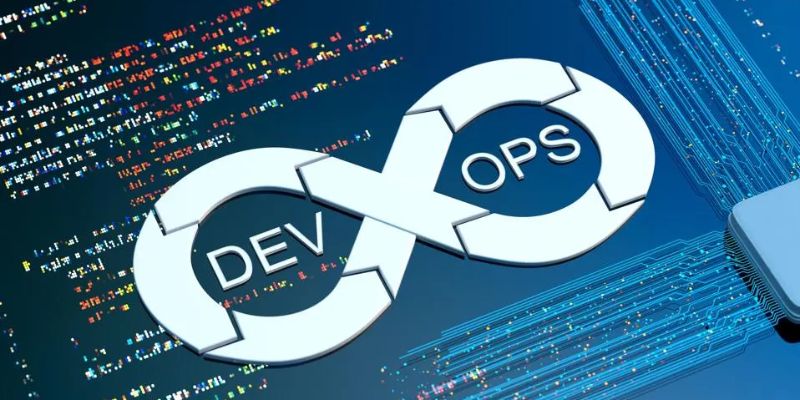The modern software development world constantly evolves, with businesses striving for faster delivery, higher quality, and improved efficiency. Full Stack Development, which involves front-end and back-end development expertise, plays a critical role in creating dynamic and scalable applications. DevOps culture, on the other hand, focuses on collaboration, automation, and integration between development and operations teams. Together, they form a powerful combination that accelerates development processes, reduces errors, and ensures seamless deployment. Enrolling in a DevOps Training in Madurai equips professionals with the skills to master this synergy and enhance their workflows effectively.
Streamlined Collaboration Between Teams
DevOps fosters a collaborative environment where developers, testers, and operations teams work harmoniously. This streamlined communication eliminates silos and ensures that everyone is aligned toward a common goal. For Full Stack Developers, who need to manage both client-side and server-side operations, this unified approach simplifies coordination, reduces misunderstandings, and accelerates project timelines.
Faster Development and Deployment Cycles
One of the core principles of DevOps is automation, which helps in speeding up repetitive tasks like testing, integration, and deployment. In Full Stack Development, these automation tools allow developers to test their code across multiple application layers quickly. For those who have completed a Full Stack Developer Course in Coimbatore, faster deployment cycles mean businesses can respond to market demands more efficiently, giving them a competitive edge.
Improved Quality Assurance
DevOps culture emphasizes continuous integration (CI) and continuous deployment (CD) practices. These methodologies ensure that every change in the code is automatically tested and deployed in small, manageable chunks. This approach drastically reduces the risk of bugs or errors for Full Stack Development, enhancing the overall application quality.
Scalability and Flexibility
Full Stack Development often involves building applications that can scale effortlessly. DevOps culture supports scalability by introducing infrastructure-as-code (IaC) and automated resource provisioning. This makes it easier for Full Stack Developers to create applications that can handle increased traffic or usage without compromising performance or reliability. A DevOps Course in Coimbatore offers insights into implementing IaC and other scalable solutions for seamless development.
Enhanced Problem-Solving and Innovation
In a DevOps environment, the feedback loop is shorter and more efficient. Continuous monitoring and real-time feedback help Full Stack Developers identify and fix issues promptly. This problem-solving efficiency leaves more room for innovation, allowing developers to experiment with new features and technologies without being bogged down by operational challenges.
Better Resource Utilization
DevOps culture ensures that resources such as time, tools, and talent are used effectively. For Full Stack Developers, especially those trained through a Full Stack Developer Course in Pondicherry, this translates into fewer bottlenecks and delays. By automating routine tasks and focusing on high-priority work, teams can achieve more in less time, boosting overall productivity.
Reduced Operational Costs
By integrating DevOps practices, businesses can reduce costs associated with development and operations. Testing, deployment, and monitoring automation minimizes manual intervention, leading to fewer errors and reduced downtime. For Full Stack Development teams, this cost efficiency allows them to focus on creating value-driven features rather than troubleshooting recurring issues.
Seamless Integration of New Technologies
Full Stack Development often requires staying updated with the latest technologies and frameworks. DevOps culture encourages experimentation and rapid adoption of new tools. This adaptability ensures that Full Stack Developers can integrate modern technologies into their workflows smoothly, keeping the application robust and future-proof.
DevOps culture has revolutionized how software development and operations collaborate, creating an environment of continuous improvement and efficiency. For Full Stack Developers, embracing DevOps practices means faster development cycles, higher-quality applications, and greater adaptability. A DevOps Training in Pondicherry empowers Full Stack Development teams to deliver exceptional results by fostering collaboration, automation, and innovation. As businesses continue to demand faster and more reliable solutions, combining DevOps culture with Full Stack Development is not just a strategy-it’s a necessity for success in today’s competitive digital landscape.
Also Check:

